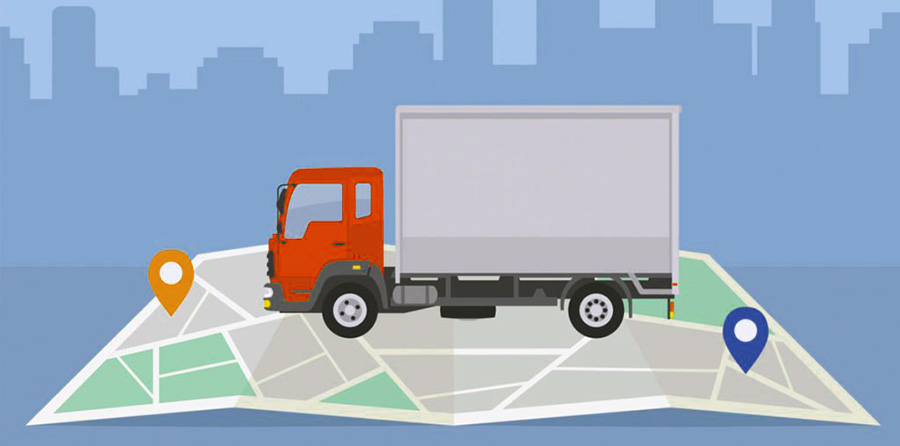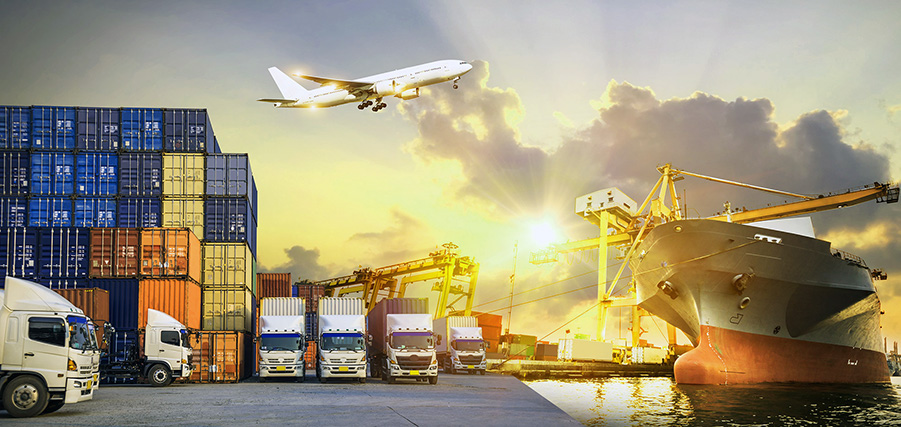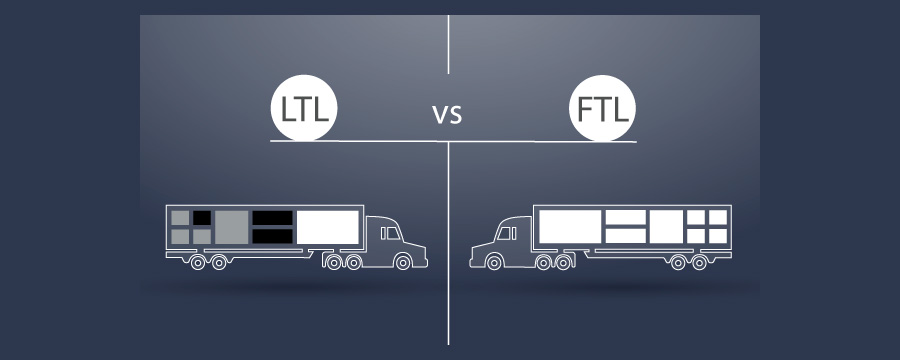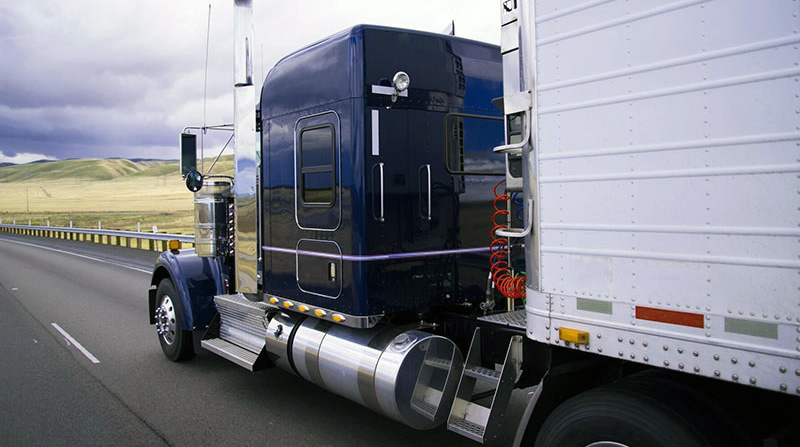Freight shipping is the procedure of physically transferring substantial amounts of freight. Whether by land, sea, or air, freight is most typically moved using trains, trucks, ships, and planes. In addition, freight companies provide a number of mode choices, including less than truckload freight (LTL), truckload freight (TL), intermodal, and expedited freight services. When utilizing a freight forwarder, you can even ship freight internationally. How much does it cost to ship freight? The cost to deliver freight depends on numerous aspects. While deciding which freight shipping company to utilize for transport, you should evaluate and compare the rates each business offers. These are the main aspects that figure out freight shipping costs…
LTL & Truckload Freight Companies: A Quick Rundown
Like LTL, complete truckload freight companies and expedited freight choices are offered for either dry and temp-controlled service for shippers. Truckload also offers liquid tankers and various flatbed mode alternatives. FTL is the most abundant freight mode service provided with approximately 700,000 for-hire motor carriers. While this does provide a variety of options for carriers, it can also feel like searching for a “needle in a haystack” when looking for the “ideal” motor carrier for the job. To overcome this challenge, shippers frequently turn to a freight broker to assist them to find the freight capacity they require.
What Freight Forwarders Do & Why You Want One
If you have actually not heard the term “freight forwarder” before, you might be a little confused. Is it a shipping company? A distribution manager? An importing and exporting partner? A business freight forwarder is none of these things, but it takes on a few of the obligations of all of them. Here’s what you need to understand about utilizing a worldwide freight forwarder for your business-to-business shipping.
Less-Than Truckload: LTL Freight Shipping Info
All LTL freight undergoes assessment, though not all freight is examined. Next, the freight is loaded onto an outgoing trailer which will forward the freight to a breakbulk, a connection, or to the delivering terminal. An LTL delivery may be handled only once while in transit, or it might be handled several times before final delivery is achieved. Transit times for LTL freight shipping are longer than for full truckload freight (FTL). LTL freight shipping transit times are not directly related only to the range in between the shipper and consignee. LTL freight transit times are likewise dependent upon the makeup of the network of terminals and break-bulks that are run by a given carrier which carrier’s beyond representatives and interline partners.
Logistics and Supply Chain Management
Supply chain management (SCM) is something that is hardly ever talked about in industry circles. If it is thought about at all, it is often with a different significance. The significance of supply chain management can not be downplayed. A wide array of markets find that supply chain management is necessary for their business. If a company is to grow, it should have the ability to keep stock and keep the inventory streaming. Without the ability to do this, a company’s development might be at risk.
3PL Logistics Services & Companies Definition
Third-party logistics or 3pl’s in logistics and supply chain management is a company’s use of third-party companies to contract distribution, warehousing, and fulfillment services. 3rd party logistics companies will typically concentrate on integrated operations of warehousing and transport services that can be scaled and personalized to clients’ requirements, based on market conditions, to satisfy the demands and shipment service requirements for their products. Services frequently extend beyond logistics to include value-added services connected to the production or procurement of products, such as services that integrate parts of the supply chain. A service provider of such integrated services is referenced as a third-party supply chain management company (3PSCM), or as a supply chain management provider (SCMSP). 3PL targets particular functions within supply management, such as warehousing, transport, or raw material arrangement.
Dry Van Truck Shipping vs Refrigerated & Flatbed Truck Shipping
Prior to effectively carrying freight, you need to very first identify the shipping alternative that best fulfills your transportation needs. There is a wide range you can pick from, including dry van, refrigerated (reefer), flatbed and also a lot more. Each strategy of transportation includes advantages as well as drawbacks that influence both shippers as well as additionally carriers who are transferring the freight.
What Is Dry Van Freight Shipping?
Dry van shipping is one of the most popular and widely relied on freight transport techniques available. It has actually remained a preferred method of transport due to the high schedule and various benefits of having actually an enclosed trailer throughout the shipping process. In today’s post, we will dive deeper into whatever you need to know about dry van shipping. What Exactly is a Dry Van? Dry van trailers are attached to semi-trucks generally for shipping large quantities of loads, products, products, or bigger products like vehicles. In fact, dry vans are really the most popular and typical trailer…
10 Great Ways Freight Brokers Can Generate New Leads
The supreme goal for your freight broker company (or any service) is to produce more conversions into customers so your service will grow. The suggestions listed below are designed to help freight brokers fill their sales lead pipeline. The more leads you have in your pipeline, the more potential customers can be transformed to customers which suggests more cash for you and your freight broker business to grow and succeed. Freight broker lead generation is a hard and lengthy job but the success of your company hinges on determining brand-new potential customers and attracting them to what you need to offer.










